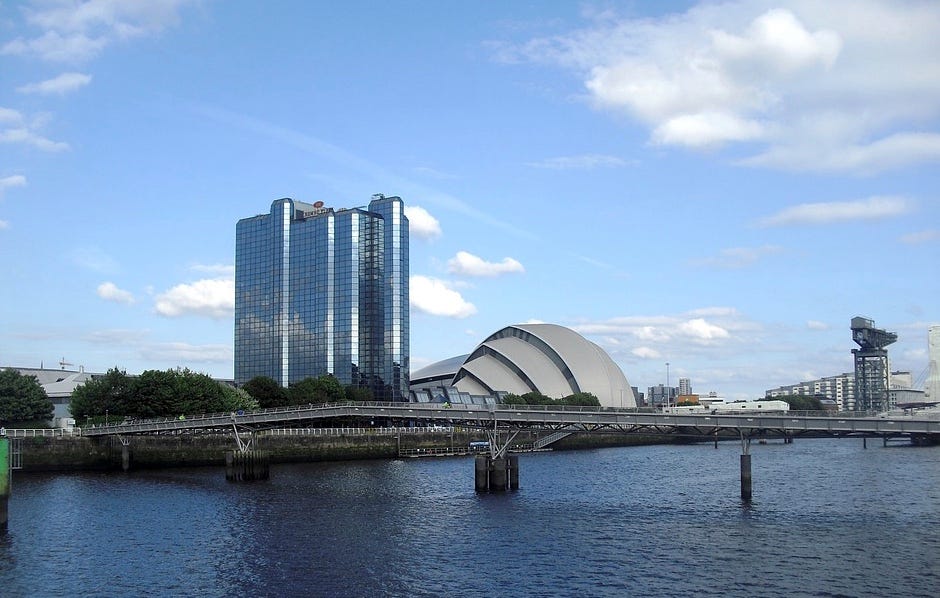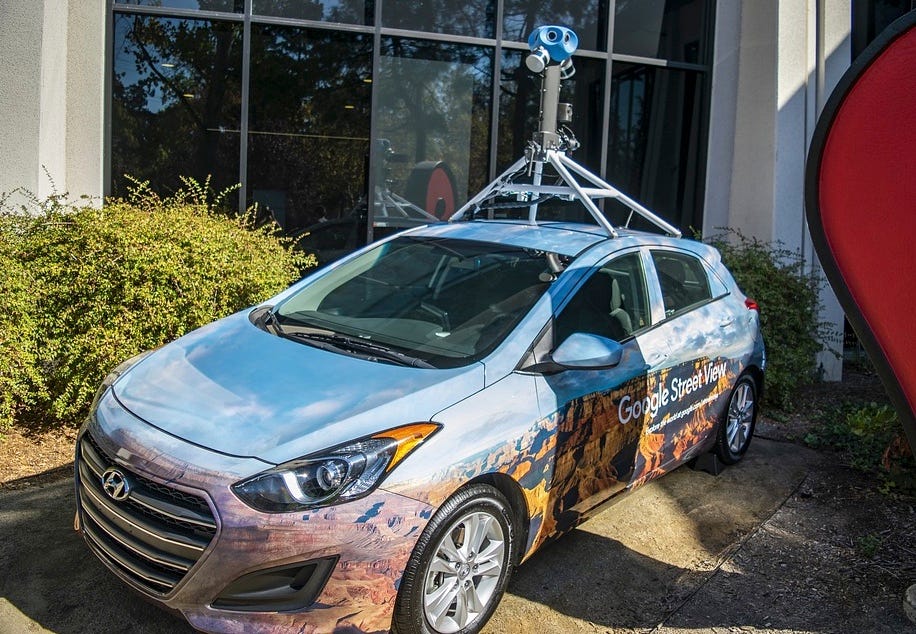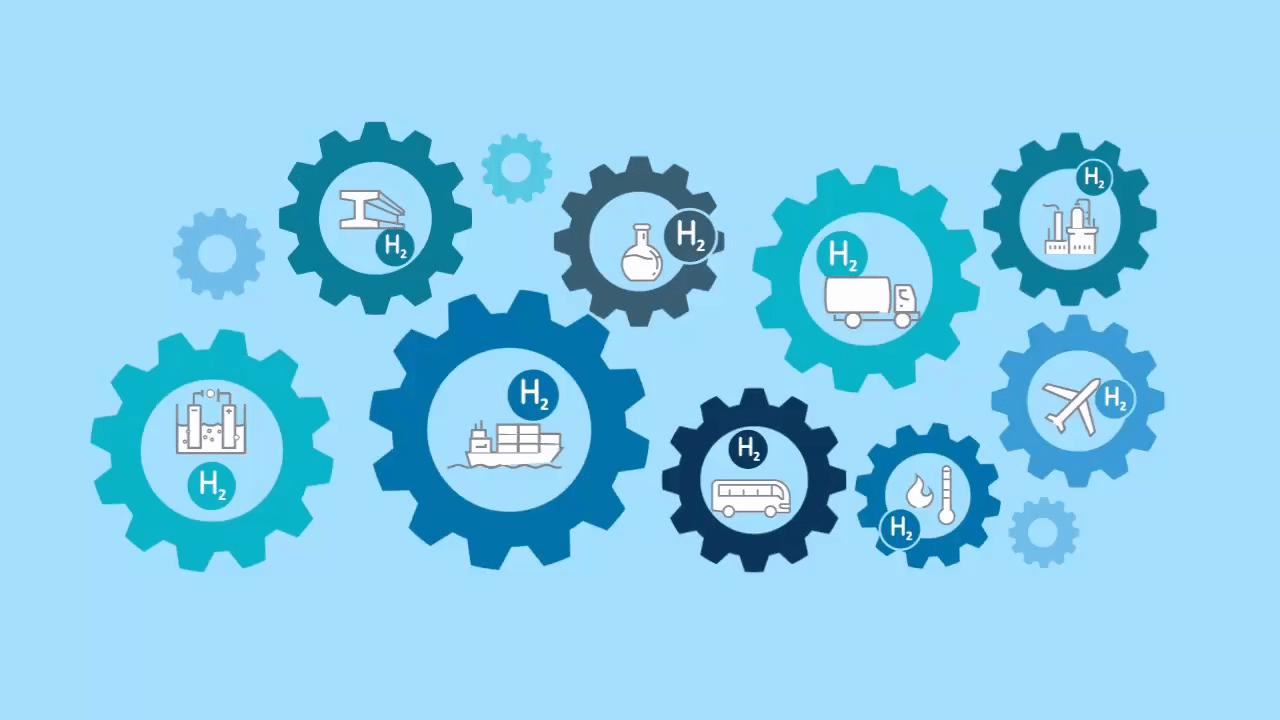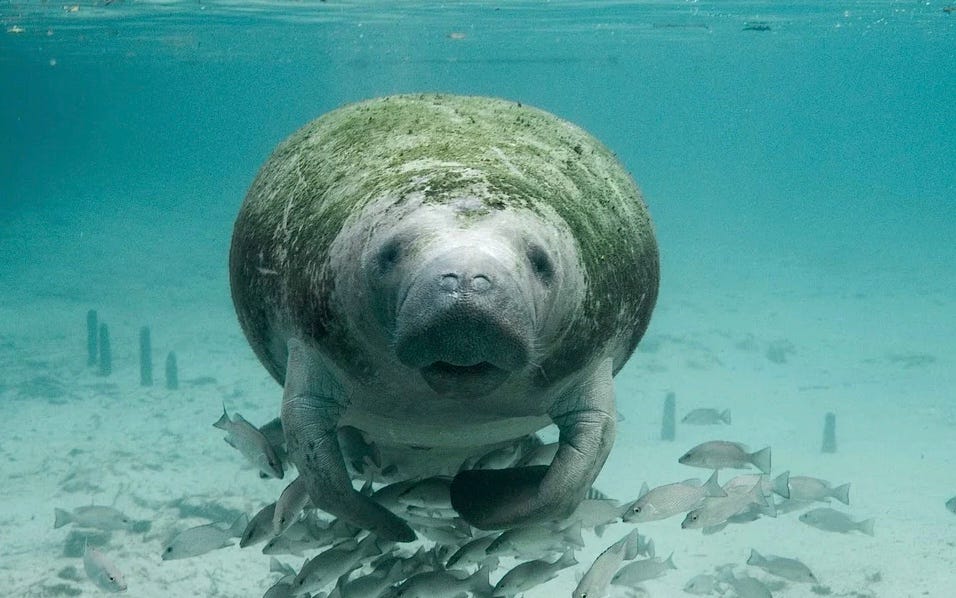The impact of delaying COP26, plus Google's climate hack for drivers
Welcome to Callaway Climate Insights. We've seen a surge in subscribers in recent weeks because of sharing. Please enjoy and share.
One step back. Just as President Joe Biden unveils his $2 trillion infrastructure and climate plan and momentum surges on Wall Street for finance solutions, comes word that COP26 this November in Glasgow might be postponed because of Covid.
Italy is under strict lockdown. France announced a month-long lockdown today. Germany is heading that direction. And while Britain is still slowly emerging from lockdown — with outdoor pubs scheduled to open in two weeks — the government is leaking that conditions in November in Scotland might not be good enough to import thousands of people from around the world this fall.
British Prime Minister Boris Johnson will fight hard to keep the summit, at least in some hybrid, actual/virtual form, as he wants it to be a post-Brexit coming-out party for his country on the global stage. But without a full, in-person event, it will be difficult for smaller countries to be heard at the global table, which really is the ultimate reason for these summits in the first place.
Covid aside, the news of a possible delay will ripple through the global community at a time when more countries are delaying or declining outright to increase emission-reduction pledges. Reuters reported today that India, the world’s third largest polluter, will refrain from a zero-carbon 2050 pledge because it needs to increase all energy to lift the poor out of poverty in the next two decades.
There’s always the possibility that the summit could be moved to a different country. COP25 was moved to Spain from Chile because of social unrest in Chile. Canada could volunteer to help the British out, for example. A decision is likely in the next several weeks as it will impact smaller summits and working groups ahead of Glasgow.
Our bet is that it goes on in Glasgow in some form, but that by the time we get to November, a Covid-weary world will be unprepared for the heavy lifting on migration and emissions reduction required by the crisis. One step back indeed.
More insights below. . . .
Don’t forget to contact me directly if you have suggestions or ideas at dcallaway@callawayclimateinsights.com.
Wednesday’s insights: Google maps out green future, and Duke Energy plays nuclear card
. . . . Google’s new driving maps that use AI to show lower-emission routes are the type of hack that underscores how investment in technology — and not marketing pledges — will ultimately pave the way for us to adapt to climate change. Advances in manipulating emissions data to place more importance on everyday use are the search for the holy climate grail for investors. Read more here. . . .
. . . . Duke Energy CEO Lynn Good isn’t shy about pinning part of her company’s future on nuclear power. It represents a third of the company’s supply, after all. But her statements this week seeking to extend the lifespan of some of its plants in North and South Carolina clearly show that the pendulum on nuclear is swinging back into the renewables camp. Expect to hear more on this, particularly from Europe, in coming days. Read more here. . . .
. . . . The number of international fund managers incorporating climate change into their strategies has more than doubled in the past two years, according to a survey by Dutch investment firm Robeco. Credit prodding by governments especially in Europe, where pick up dwarfs the U.S. and Asia, and the opportunity for profit, of course. ESG funds continue to outperform their traditional peers. Read more here. . . .
News briefs: Offshore wind for green hydrogen; insurance for California farmers goes up in smoke
Editor’s picks:
Ørsted harnesses offshore wind for green hydrogen
Insurers shun California farmers after wildfires
ZeroAvia plans bigger hydrogen-fueled plane
It’s Manatee Appreciation Day. Yes, really.
. . . . Gentle and playful marine mammals, Florida manatees have come to represent the amazing biodiversity of Florida, says the the Center for Biological Diversity. “With their large size, slow-moving nature, and fondness of seagrass, it's easy to see why they’re nicknamed ‘sea cows.’ They’ve long been fascinating to humans, inspiring tales of mermaids among sailors of yore. But popularity can’t protect manatees from slipping toward extinction.” The manatee was listed as endangered under the Endangered Species Act in 1973. While boats are responsible for about 20% of human-caused manatee deaths, climate change is also a threat. The Center says cold snaps caused by unusual water-temperature fluctuations are killing manatees, while higher surface-water temperatures contribute to more severe hurricanes and lethal algal blooms. All these, combined with loss of habitat and food sources due to urban development, add up to bleak long-term prospects for manatees’ future. Read more at the Center for Biological Diversity. . . .






